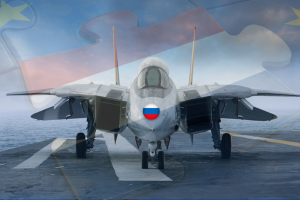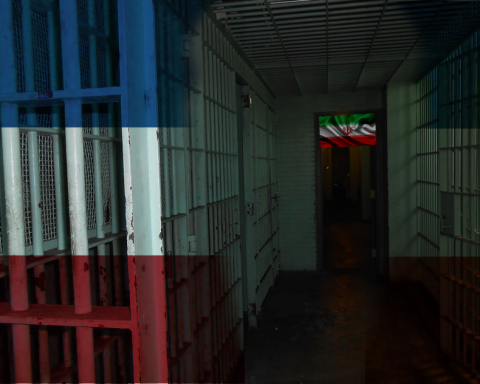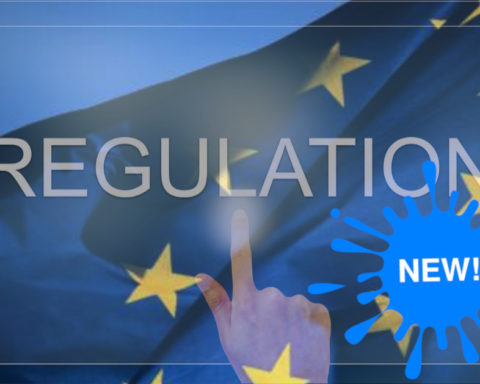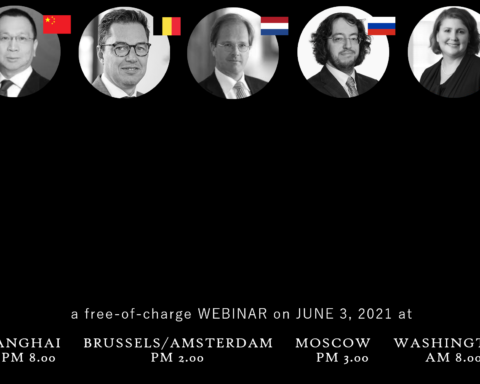On 9 November 2017 another case concerning the breach of sanctions was brought before the Dutch court. This case is the latest example of an increased enforcement effort of the Dutch authorities. From the information published on the government website, it appears that the public prosecution (the Prosecution) has demanded that a logistics provider (the Defendant) will be fined an amount of 80.000 euro for willfully transiting goods that are listed on the Common (EU) Military List without a license. Investigations by Dutch Customs have revealed that the company supplied parts of radar systems for fighter jets from Malaysia to the Russian Federation via the Netherlands. The Prosecution is also demanding a provisional prison sentence of two months for the managing director of the freight forwarding company.
By Gerard Kreijen, Loyens & Loeff, 10 November 2017
 The shipment was intercepted by customs at Amsterdam airport on 17 March 2015. It contained two parts for radar systems used by fighter jets which are listed on the Military List. Pursuant to the Dutch Strategic Goods Order (Besluit strategische goederen) it is prohibited to transit such goods without a license. The Defendant did not have an export or transit license. Such a license would not have been issued anyhow, because the sanctions imposed by the EU on the Russian Federation prohibit the supply (of parts) of military goods to a consignee in Russia.
The shipment was intercepted by customs at Amsterdam airport on 17 March 2015. It contained two parts for radar systems used by fighter jets which are listed on the Military List. Pursuant to the Dutch Strategic Goods Order (Besluit strategische goederen) it is prohibited to transit such goods without a license. The Defendant did not have an export or transit license. Such a license would not have been issued anyhow, because the sanctions imposed by the EU on the Russian Federation prohibit the supply (of parts) of military goods to a consignee in Russia.
The consignee was identified on several freight documents so that the Defendant must have known where the goods went. Obviously, the role of the Defendant was to take care of the transit of the goods from Malaysia to Russia through Amsterdam airport.
The Prosecution has stressed the egregious nature of the facts: “By exporting military goods without a license the government is robbed of the possibility to oversee which military goods go where.” In addition, the Prosecution has considered that by transiting parts of military radar systems the Netherlands becomes ‘involved’ in the armed conflict between Russia and the Ukraine. This undermines the State of the Netherlands, according to the Prosecution.
The news about the case broke amidst allegations that the sanction regulations against Russia are inherently vague and therefore difficult to comply with by Dutch businesses. Whatever the merit of these allegations, they do not stick with respect to the military embargo against Russia which is worded crisp and clear.
It is worth noting that the itinerary of the shipment featuring in this case (from Malaysia to Russia via the Netherlands) also featured in an earlier Dutch enforcement case discussed on this blog (on 2 June 2017). In that case the logistics provider had shipped military drones from the US to Saudi Arabia through the Netherlands in breach of applicable export control regulations. In its judgment the court also weighed the circumstance that the provider had received a formal warning from the Dutch authorities in 2015 for shipping military items from Malaysia to Russia via the Netherlands.
The present case comes some two month after judgment was passed (on 4 September 2017) in another case for the breach of the nuclear-related sanctions against Iran, resulting in a real time prison sentence for the managing director of a Dutch company. This time last year, such cases were as rare as hen’s teeth. If we are witnessing an enforcement trend (and it seems fair to assume we are) parties involved in the trade and handling of strategic goods, military items in particular, should review and tighten their compliance manuals.
- EU to Amend Union General Export Authorization in the Event of a No Deal Brexit - January 29, 2019
- Adoption of New EU Legislation and Recent National Cases in the Fight Against Chemical Weapons - October 24, 2018
- Shipping Criminal Liability: the Difficult Position of the Transportation & Logistics Sector - January 4, 2018









